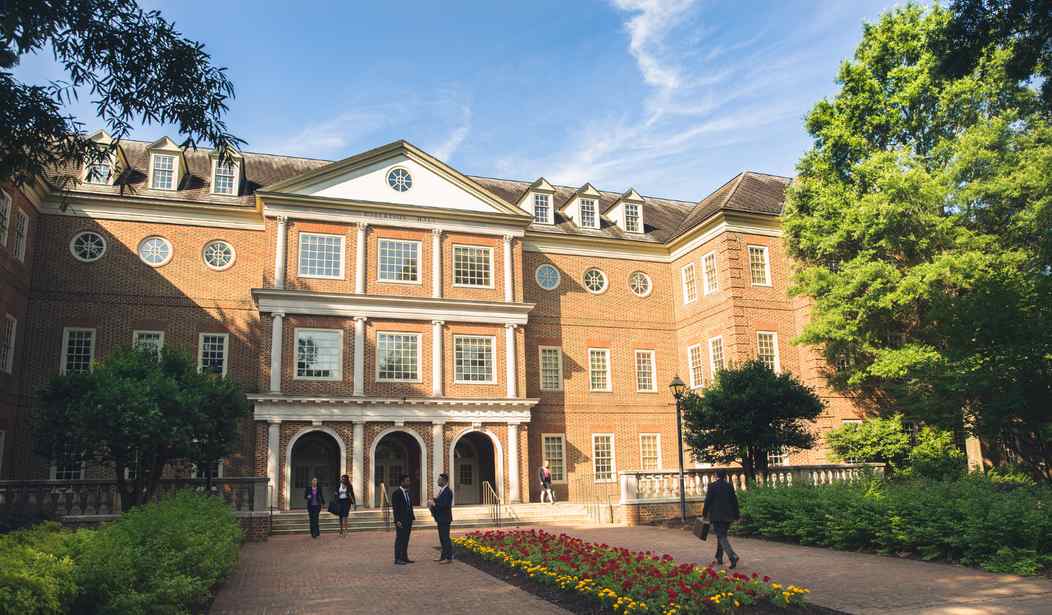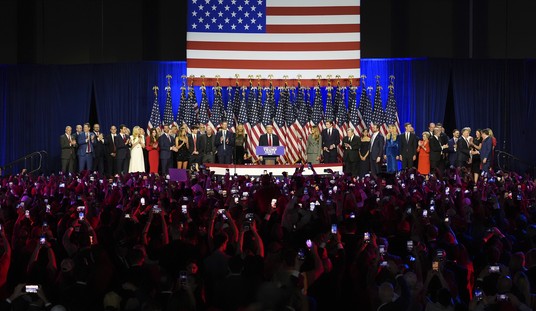At a time when anti-Israel sentiment is growing on university campuses across the country, one Christian college is affirming its commitment to Israel with a new program. Regent University in Virginia Beach, Va., is set to launch its Institute for Israel Studies in 2025 under the leadership of Dr. A.J. Nolte as a part of its Robertson School of Government.
“This profound initiative amplifies Regent University’s unwavering commitment to Israel,” said Gordon Robertson, Chancellor at Regent University. “You can't understand today's headlines without a thorough knowledge of the modern history of Israel. This institute will give students a scholarly grasp of the origins of Zionism and its impact on our world today.”
It’s tempting to assume that developing the institute was a direct response to the Hamas attacks on Israel on Oct. 7, 2023, but Regent had been developing the concept of the Institute for Israel Studies since around 2019. When the university brought former senator Michele Bachmann on board as dean of the Robertson School of Government in 2021, the trend of universities distancing themselves from Israel was well underway, so in the eyes of Regent’s leadership, it made sense to lead within the Christian pro-Israel sphere.
“We are pleased to have the Institute for Israel Studies under the direction of Dr. Nolte, who greatly recognizes the divine responsibility of believers to support Israel,” said Bachmann. “The coursework will help expand national and global understanding of the Jewish state, its people’s right to their land, and the good Israel does for the world.”
Nolte told PJ Media that the Hamas attacks added urgency to the planning, particularly when the anti-Israel backlash began to emerge so swiftly. The antisemitism didn’t surprise Nolte and his team, but the rapid rise of it came as somewhat of a shock.
Christians understand the biblical foundations of Israel, and universities teach the history of the founding of modern Israel, but Nolte said that there’s a gap for Christians in that they don’t understand “the realities of the current state and nation-state of Israel” and that gap in understanding leaves Christians ill-prepared to counter the anti-Israel arguments from today’s left.
Recommended: The Common Thread Between Secular Progressivism and Radical Islam
Because the Institute for Israel Studies is part of a school of government, the program focuses on the mechanics of how modern Israel operates, and Nolte is assembling a team of scholars who will fulfill that vision.
“Our focus is on building an ecosystem of Christian scholars, biblically faithful Christian scholars, who can support or work in the field of Israel studies from government and politics perspective and building Christian scholars who will do fact-based research on Israel, not driven by the false narratives that are in most of academia and just actually tell the story of what's happening,” he told PJ Media.
“I'm not looking for scholars to come out and say that everything that Israel’s government does is right all the time. I'm just looking for scholars that are going to do objective research because I'm pretty confident based on my research that if you look at the data objectively, what you're going to find is that Israel is not perfect — no country is — but that it is an imperfect but general force for good and democracy that is doing its level best in a very tough neighborhood to not only help itself but also help the climate of the region generally.”
Just because the institute is focused on studying Israel’s government doesn’t mean it won’t touch on history, theology, or even apologetics. Nolte says he will work alongside Regent’s School of Divinity because “I think that if you're looking for that biblical argument for Israel, they do it about as well as anybody out there on the market.”
Building an educational initiative from the ground up isn’t easy, and Nolte plans to start with dissertation fellowships for PhD students and build to add graduate certificates and continuing education offerings as well as an eventual MA and PhD program. He believes that all of it is possible and sustainable.
“I want to show sustainability at every step of the way,” he said. “I want to show that there's demand, and I want to show that we, as the institute, can resource it.”
Anyone who wants to learn more about the Institute for Israel Studies can email [email protected].










Join the conversation as a VIP Member